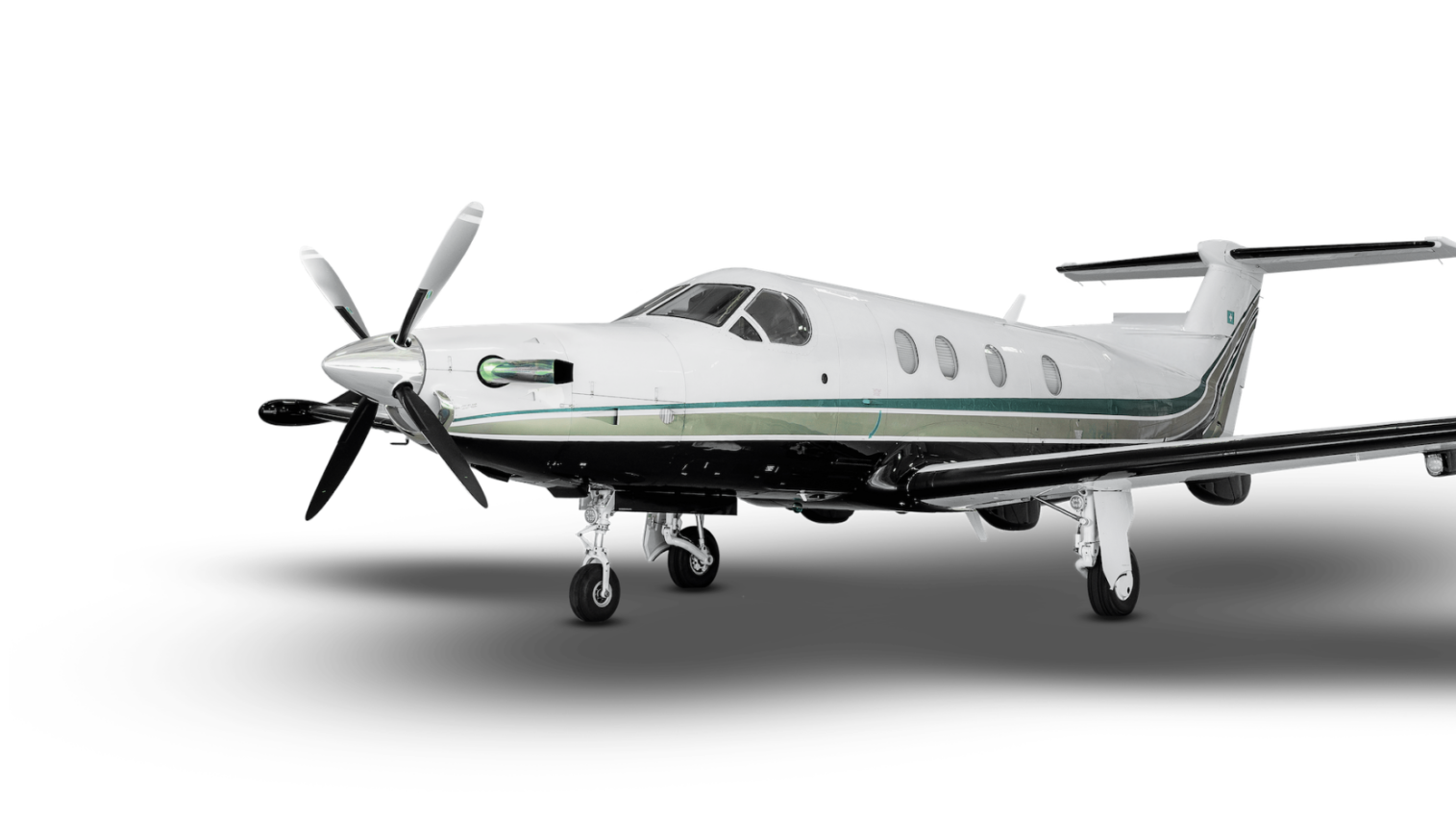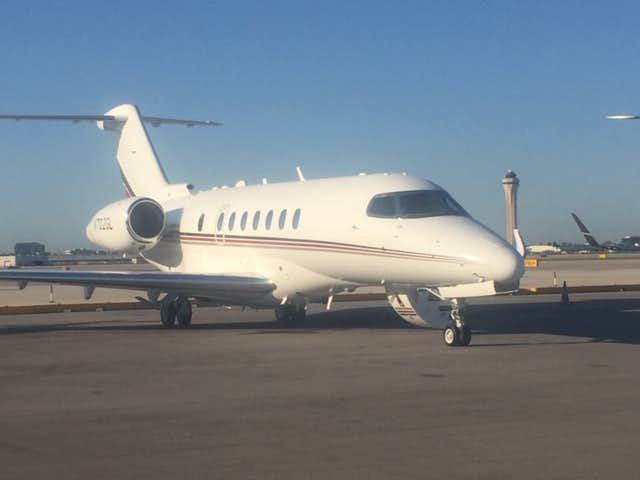
NetJets will add 100 fractional private jets in 2023, which have already been sold with non-refundable deposits.

In 2019, we published an analysis of NetJets titled, “Is NetJets worth the price?“
However, in 2022, it doesn’t matter how much money you have or how much you are willing to pay.
(During a period when average jet card prices are up 33%, the hourly price for NetJets entry-level Phenom 300 is now $11,156.)
If you want to buy a fractional share from the world’s largest private jet operator, you will have to wait until early 2024 for your aircraft to arrive.
It sold all its 2023 delivery slots backed by non-refundable 20% deposits.
Its success is both extensive and impressive.
The Berkshire Hathaway unit has taken around 45 new aircraft so far this year, with 30 more to arrive before year’s end.
Next year it expects to get 100 new airplanes, around 13% of all new private jets slated for delivery.
As a comparison, there are currently only four other operators that have fleets over 100 charter/fractional aircraft in total.
Speaking at Corporate Jet Investor in Miami this week, President Patrick Gallagher says the additions are net growth.
In other words, it isn’t planning disposals.
Including its Executive Jet Management unit and its European operations, it should have around 950 airplanes by 2024. Vista Global is second, currently with around 350 jets.
Gallagher says demand isn’t slowing down.
“We still take a record number of inbound leads every month, which are more qualified than we’ve seen historically. We haven’t seen the quantity or quality of the leads entering the pipeline soften at all, which is one reason we are so bullish on the future. When they call us, people know there is a wait, but they want to be with NetJets,” he tells Private Jet Card Comparisons.
The company currently has about 10,000 customers. However, he didn’t provide a breakdown.
With a record waiting time for fractional shares, who’s calling NetJets these days? What can you buy to fly right now? Are there options to fly with NetJets until your share is delivered? What policy changes are being contemplated? And, how is the company that invented fractional ownership fairing in a turbulent time for the industry?
It’s no secret that fractional, jet card, and charter providers are having challenges dealing with record demand.
Over the past year, the percentage of subscribers to Private Jet Card Comparisons who say they had cancelations, delays, or service issues increased to 44% from 21% as the industry struggled against a new normal.
NetJets was not immune.
As demand outstripped supply, it was the first significant player to stop selling jet cards in August 2021.
It not only halted sales to new customers. It stopped renewals as well. The provider then took an unprecedented step and stopped granting interim leases to share buyers.
Traditionally, fractional providers offered them to customers who needed immediate flying solutions. They covered the gap between when they signed and when their airplane was delivered. That’s when the share contract begins.
Those leases were structured with similar callouts and peak days as their shares, so it was a seamless start.
By putting the clamps on new customers and halting jet card renewals (the percentage of its flight hours attributed to jet cards dropped from 20% to 10%), Gallagher says NetJets has now flown out of the storm.
Metrics tracking on-time performance, controllable on-time performance (which excludes weather and air traffic control), average recovery time, and percentage of perfect flights (any negative issues down to the wrong salad dressing in a catering order) are now at or better than pre-2020.
He says it’s a similar story with its LTR score, which stands for Likelihood to Recommend. That score is based on post-flight surveys that cover the entire experience, including FBOs and ground services.
Of that robust lead flow, it is less the wave of new to private aviation flyers that drove the industry after the outset of the Covid pandemic.
Many of the people talking to NetJets and buying shares, and now jet cards, which are being sold again only to past and current customers, are those same card customers whom NetJets declined to renew.
Gallagher says they weren’t happy with their alternative solutions, either on-demand charter or competitors. In the case of card customers, he says they are now consolidating their business with NetJets.
“We see more wallet share. We’re seeing more people who were using lots of different solutions consolidating. It’s not that people are flying twice as much as they used to. We’ve seen an incredible amount of consolidation to NetJets. People who buy a card every 18 months are now buying a 50 or 75-hour share.
The percentage of Private Jet Card Comparisons subscribers who have a share or lease tripled from 5% to 15% from 2021 to 2022.
While Nets is now sold out of fractional shares for 2023 deliveries (Phenom 300s, Citation Latitudes, and Longitudes, Challenger 350s and 650s, and Globals), Gallagher says the current trend is for larger jets.
That’s in part due to one of the benefits of fractional ownership. Programs typically allow customers to upgrade or downgrade to smaller or larger jets at an interchange rate.
NetJets doesn’t guarantee upgrades, so they are based on availablity.
However, the ability to quickly confirm them has changed.
“We have really good forecasting, so in the past, we looked at the demand forecast for that date and had a pretty good certainty whether we could accommodate the upgrade and give owners an answer on the spot. During Covid, flying behavior changed a lot, and our demand forecasting isn’t as reliable as it used to be, and we have to keep the aircraft available for the owner (of that type). We have to wait to get closer in before we can make the call, yes or no,” Gallagher says.
Sometimes, that has meant as little as 48 hours before departure. If you have a fishing trip planned for next June in Alaska or a villa rented in Barbados over Christmas, you probably don’t want to wait.
Gallagher says, “I drive a GMC Yukon with a third row, and five times a year, I have my whole family in it, but you have to do it for those times you need it.”
NetJets is now selling deliveries in early 2024. So, with demand still strong and supply tight, what happens until your tail arrives?
“If you put down a deposit for 2024, the only immediate options are 25-hour cards or leases,” says Gallagher.
While the 25-hour leases, introduced earlier this year, are three or five years, in the case of share buyers, they terminate upon delivery of your airplane.
You can buy multiple leases or cards. So if you purchased an eighth share, which equates to 100 hours of annual flying time, you could buy four of either.
There’s a catch. Both the cards and leases carry not only 45 peak days but 45 blackout dates.
The goal is the same as when NetJets turned off card and lease sales previously: to protect operational integrity for current shareowners.
Gallagher is hoping the situation will change. “We expect at some point well before (2024) we will offer new owners a full access interim solution. We don’t have access to do that today.”
He says, “What’s happening as we take all those deliveries (throughout 2022 and 2023), a lot of those are sold to existing customers, so somebody is trading from an Excel into a Latitude or a Challenger to a Global. When those trade-in aircraft or other customers with interim leases roll off, we can come to you and say, “Good news, we can put you in a lease (with callouts and peak days similar to your share).”
Last week, Textron said it was falling behind its delivery schedule due to supply chain issues.
To date, Gallagher says, “We’ve had orders slip, but nothing has slipped significantly, but we’re talking days and weeks, not months.”
Owners get a specific delivery date when they sign their binder agreement and make the non-refundable deposit.
So, what happens if there is a delay with your tail?
The agreement allows that if you don’t get your delivery within a specific period, you can get a refund.
Gallagher says NetJets isn’t planning to change callouts and peak days for its fractional program.
Right now, non-peak lead time to book ranges from four to 10 hours based on aircraft type and share.
There are also just 10 peak days.
What happens to the 45 blackout dates for jet cards and 25-hour leases if there is enough supply to meet demand?
Gallagher says if blackout days are reduced or eliminated, current customers would be grandfathered.
In other words, you don’t have to worry about buying a product with the blackout dates and then seeing them removed at some point later, but only for new customers from that point.
He points to when NetJets eliminated the daily minimums for Phenom 300s and Citation XLSs. The rule was applied to both new and existing customers.
In August 2021, when NetJets stopped jet card sales, its aircraft management arm, Executive Jet Management, pulled its Ascend jet card.
While only 3% of NetJets customers are not accommodated on its QS tails, that off-fleet flying consumes 75% of EJM’s Part 135 capacity.
“At the moment, there is so little capacity out there. You see this huge influx of people to the industry, and there are still only 4,000 Part 135 jets in the United States. There’s 45% more demand than pre-Covid, and there’s the same number of Part 135 airplanes,” Gallagher notes.
In other words, don’t look for EJM to have a guaranteed fixed-rate product until things change.
Gallagher says NetJets isn’t buying other operators; instead, it is focusing on building out its infrastructure and supply chain, which includes an inventory of 750,000 parts so that when planes break, they can be fixed quickly.
It is also investing in ramp and hangar space to accommodate its growing fleet.
In October 2020, it announced a significant expansion of facilities in Denver and San Jose, California.
It currently has 14 similar locations around its system. There are 60 more infrastructure projects being evaluated.
NetJets will hire 400 pilots this year and 700 in 2023, making its focus on organic growth.
Gallagher says of buying other operators, “Consolidating certificates is difficult. Consolidating culture is even harder.”
There are rumors NetJets is or was considering adding Embraer’s midsize Praetor 500 or Praetor 600 super midsize jets to its fleet.
As of October, it was flying 113 of the OEM’s Phenom 300s. Last year, it ordered 100 more of the next-generation light jets, the first of which will be arriving in 2023.
When we asked, Gallagher declined to comment.
NetJets Europe also turned off card sales. Although earlier this year, it restarted them with a 90-day June to September blackout.
Due to the expansion of NetJets’ fleet in Europe, it is now able to roll that back a bit.
For Summer 2023, there will be 45 Blackout days and 45 Peak Period days.